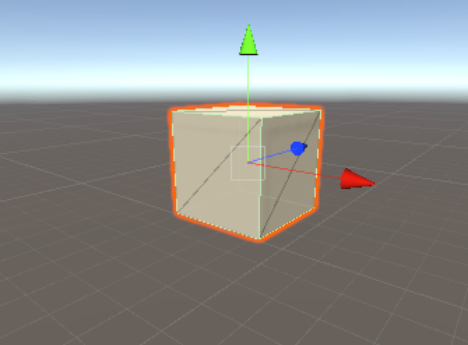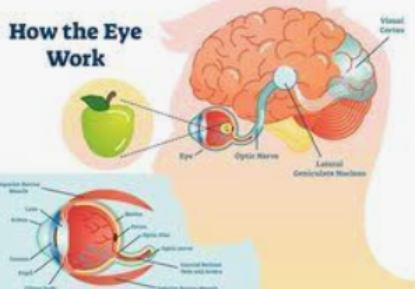What is the world anyway?
About: In this series of devlogs with a more philosophical bent I will talk about some inspirations and ideas that drive my thought processes when making games.
The first question I want to consider is: What is the world anyway?
Its the place where objects are. Seems pretty covering. Something like this:

We have a world, and an object. A lonely cube, but we can imagine ourselves being in a similar "world container" where we sensing subjects are together with objects.
Another world with curious subjects sensing their object surroundings:

When you imagine the world - reality, is it a box with stuff in it?
Consider then the image of the box above. A flat 2D image which is drawn by applying some mathematical operations on structures known as "matrices" in order to achieve the effect of the projection. It's easy to sometimes loose sense of that we are watching a prepared image (or series), not a real-time world when interacting with computers.
Meaning that "the world" that has the physics, the graphics the action and the sound exists not independently as a objective reality, in this world but as something belonging-to and can be made-sense-of through a peculiar instruction set for rendering the final 2D image. And in that there is an analogue to how you process your environment.
Categories of understanding

DATELINE: Königsberg , the enlightenment mid-1700's
Kant introduces a shift in western philosophy by undertaking a thorough "critiques" of the leading metaphysical theories of his time. And one of his radical departures was in his understanding of comprehension.
Prior to Kant the theories of how we interacted with the world could be divided into roughly two camps:
- The world is prior to our subjectivity and all our metal content arises from experience.
or
- The world is itself subjective experience, and by deductive reasoning we conclude only one truly subjective experience.
These are both prevalent theories of understanding today.
But Kant argued in a way that the true story might be somewhere in the middle. Our mental "engine" has certain interconnected "modes" of comprehending what it meets. For-us Kant says, there seems to be that a foundational way for our experience is that our perceptions are grounded in and put-together by through our mental categories for quantity , quality , relation, modality.
Now back to the ordinary world model and its near cousin. The ordinary sight model. Photons bounces off objects reflected in your eye and results in somehow a projected mental image.

Also consider the wavelengths that stimulate the retina and creates our "visions".

We are perceptive of a minuscule amount of one of the fundamental forces of the universe, the electromagnetic forces. Yet the first filtering of our sensory organs to one frequency and the following ordering of that sensory input according to the categories and faculties of our understanding. Yet we often super-impose that image of the world back onto it, believing our mental content for "the world".
So what is the world anyway?
So we are enveloped in a world that we both can and cannot comprehend. We can achieve some objective consensus about the world by the fact that we share the organizational mental for it. But we cannot truthfully say anything about what it is in itself.

The knowable and unknowable is separated by the veil of mind. That certain things are comprehensible to us means that our involvement in "making it comprehensible" our gaze is turned forever away from the so called thing-in-itself.
I find this immensely fascinating, and in ENCYCLEthere is an attempt to let the world show itself via a novel categoryiesfor comprehending ; for instance that the music is tied to the interactions of the player to the world.
But the main point is that we often take the world for "granted" , we fail to acknowledge how strange it really is and how it "comes to be" for us at all. And these are for me very interesting points to consider when crafting worlds in games and the fundamental interconnectedness of all things.
Files
Get ENCYCLE
ENCYCLE
A slightly hallucinogenic music visualizer & puzzle platformer
| Status | In development |
| Author | Inverse Ontology |
| Genre | Platformer, Puzzle |
| Tags | Casual, Music, Pixel Art, Puzzle-Platformer, trippy |
More posts
- Graphics Enchancements | Algo TweaksNov 22, 2020
- Bring Your Own MusicNov 18, 2020
- How I do planet gravitation and orbitsApr 27, 2020
- Turn on, tune in and drop a PC Build of ENCYCLE.Apr 24, 2020
- Graphical FaceliftApr 23, 2020
Leave a comment
Log in with itch.io to leave a comment.